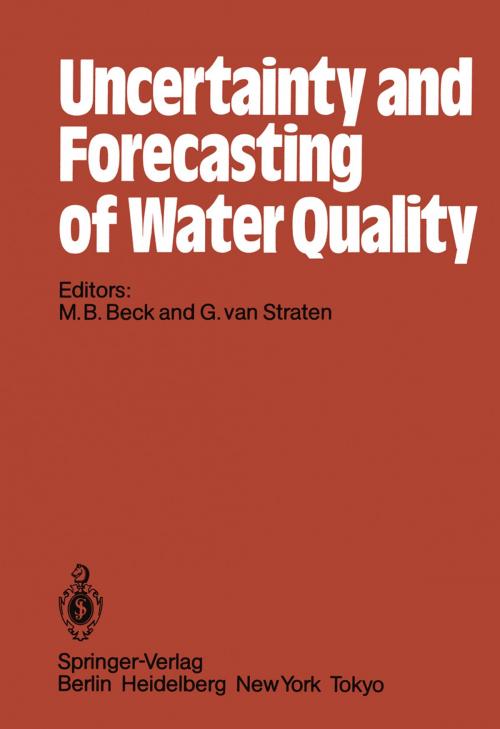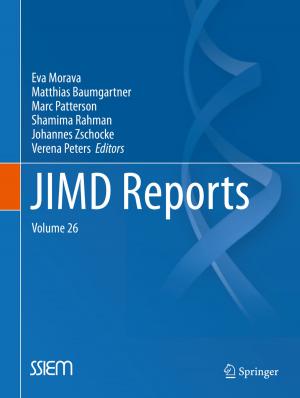Uncertainty and Forecasting of Water Quality
Nonfiction, Science & Nature, Technology, Environmental, Engineering, Civil| Author: | ISBN: | 9783642820540 | |
| Publisher: | Springer Berlin Heidelberg | Publication: | December 6, 2012 |
| Imprint: | Springer | Language: | English |
| Author: | |
| ISBN: | 9783642820540 |
| Publisher: | Springer Berlin Heidelberg |
| Publication: | December 6, 2012 |
| Imprint: | Springer |
| Language: | English |
Since the International Institute for Applied Systems Analysis began its study of water quality modeling and management in 1977, it has been interested in the relations between uncertainty and the problems of model calibration and prediction. The work has focused on the theme of modeling poorly defined environmental systems, a principal topic of the effort devoted to environmental quality control and management. Accounting for the effects of uncertainty was also of central concern to our two case studies of lake eutrophication management, one dealing with Lake Balaton in Hungary and the other with several Austrian lake systems. Thus, in November 1979 we held a meeting at Laxenburg to discuss recent method ological developments in addressing problems associated with uncertainty and forecasting of water quality. This book is based on the proceedings of that meeting. The last few years have seen an increase in awareness of the issue of uncertainty in water quality and ecological modeling. This book is relevant not only to contemporary issues but also to those of the future. A lack of field data will not always be the dominant problem for water quality modeling and management; more sophisticated measuring techniques and more comprehensive monitoring networks will come to be more widely applied. Rather, the important problems of the future are much more likely to emerge from the enhanced facility of data processing and to concern the meaningful interpretation, assimilation., and use of the information thus obtained.
Since the International Institute for Applied Systems Analysis began its study of water quality modeling and management in 1977, it has been interested in the relations between uncertainty and the problems of model calibration and prediction. The work has focused on the theme of modeling poorly defined environmental systems, a principal topic of the effort devoted to environmental quality control and management. Accounting for the effects of uncertainty was also of central concern to our two case studies of lake eutrophication management, one dealing with Lake Balaton in Hungary and the other with several Austrian lake systems. Thus, in November 1979 we held a meeting at Laxenburg to discuss recent method ological developments in addressing problems associated with uncertainty and forecasting of water quality. This book is based on the proceedings of that meeting. The last few years have seen an increase in awareness of the issue of uncertainty in water quality and ecological modeling. This book is relevant not only to contemporary issues but also to those of the future. A lack of field data will not always be the dominant problem for water quality modeling and management; more sophisticated measuring techniques and more comprehensive monitoring networks will come to be more widely applied. Rather, the important problems of the future are much more likely to emerge from the enhanced facility of data processing and to concern the meaningful interpretation, assimilation., and use of the information thus obtained.















